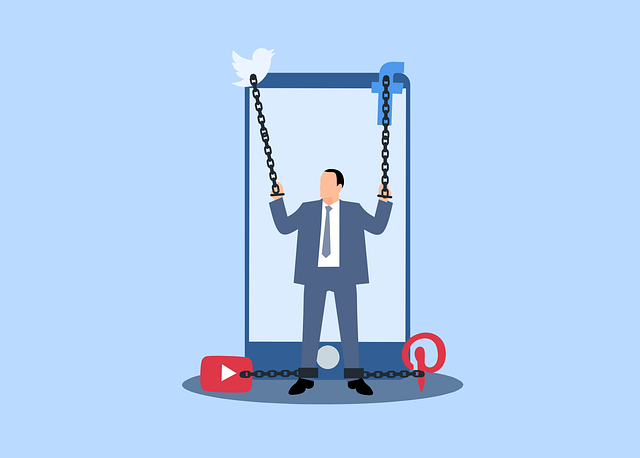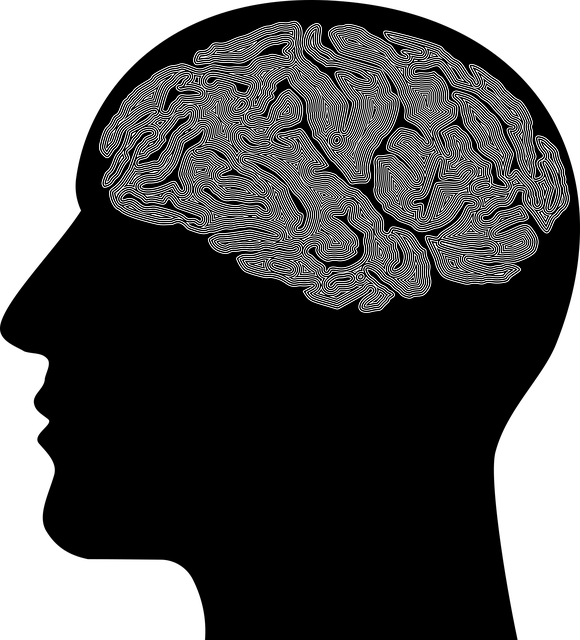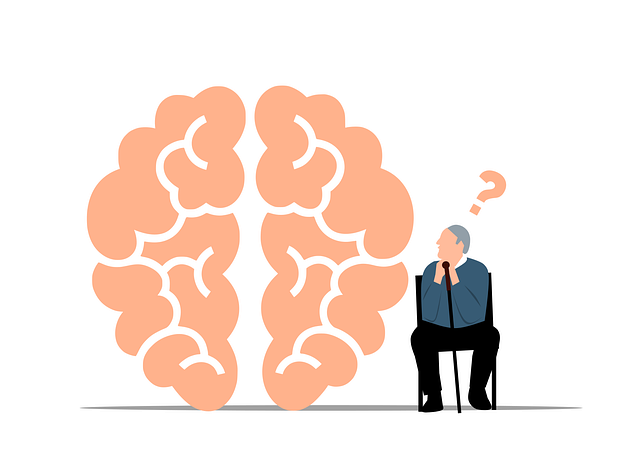Mental illness in intimate relationships, especially polyamorous or open ones, faces challenges from misunderstandings and stigma. Lone Tree Polyamorous and Open Relationships Therapy provides a safe space for education on cultural competency, burnout prevention, and emotional resilience through specialized counseling. They offer tailored approaches like social skills training to combat societal misconceptions, and their Mental Wellness Podcast Series amplifies positive narratives. Through workshops, events, and online resources, they demystify mental health and promote awareness, fostering empathy in diverse communities. These efforts empower individuals to seek help without stigma, particularly for depression prevention in non-monogamous relationships.
Mental illness stigma remains a significant barrier, especially within niche communities like polyamorous and open relationships. This article delves into strategies aimed at reducing this stigma. We explore the unique challenges faced by these communities, focusing on the role of therapy in fostering understanding and acceptance. Additionally, we provide actionable steps for promoting mental health awareness and acceptance in society at large, drawing insights from the experiences of Lone Tree Polyamorous and Open Relationships Therapy.
- Understanding the Stigma Surrounding Mental Illness in Relationships
- The Role of Therapy in Breaking Down Stigma for Polyamorous and Open Communities
- Strategies for Promoting Awareness and Acceptance in Society at Large
Understanding the Stigma Surrounding Mental Illness in Relationships

In many relationships, mental illness can cast a long shadow, often leading to misunderstandings and stigma. The perception of mental health struggles within intimate connections is a significant barrier to support and recovery. Individuals facing conditions like anxiety, depression, or bipolar disorder may find themselves in situations where their partners, friends, or family lack the necessary understanding, fostering an environment of isolation and judgment. This stigma can intensify in polyamorous or open relationships, where transparency about intimate partnerships is encouraged, potentially leading to increased scrutiny and misconceptions.
Lone Tree Polyamorous and Open Relationships Therapy offers a safe space for individuals to explore these complex dynamics. Through specialized counseling, partners and community members learn cultural competency, including recognizing burnout prevention strategies for healthcare providers and enhancing their own emotional resilience. By fostering positive thinking and breaking down internalized stigma, these therapeutic interventions aim to strengthen relationships and create supportive networks around those navigating mental illness.
The Role of Therapy in Breaking Down Stigma for Polyamorous and Open Communities

In the journey towards reducing stigma associated with mental illness within polyamorous and open communities, therapy plays a pivotal role. Lone Tree Polyamorous and Open Relationships Therapy centers have recognized the unique challenges their clients face, often stemming from societal misconceptions and lack of understanding about non-monogamous relationships. These therapeutic spaces offer safe havens where individuals can explore and navigate their mental health while embracing their identity.
Through tailored approaches like social skills training and self-awareness exercises, therapists empower members of these communities to challenge internalized stigma and promote self-acceptance. The integration of a Mental Wellness Podcast Series Production further amplifies positive narratives, providing platforms for personal stories and expert insights that contribute to a more inclusive and supportive societal discourse on mental health.
Strategies for Promoting Awareness and Acceptance in Society at Large

Mental illness stigma reduction requires a multi-faceted approach to cultivate awareness and acceptance in society at large. Educational initiatives play a pivotal role in demystifying mental health conditions by providing accurate information through workshops, community events, and online platforms. Engaging diverse communities, including those with unique relationship dynamics like the Lone Tree Polyamorous and Open Relationships Therapy group, ensures that perspectives are inclusive and representative. These interactions can foster empathy and break down stereotypes.
Community Outreach Program Implementation tailored to mental health issues is another powerful tool. By bringing therapy services directly to schools, workplaces, and faith-based organizations, professionals can address mental well-being proactively. Incorporating risk management planning for mental health professionals ensures safe and effective delivery of care while encouraging open conversations about mental illness. Strategies such as these contribute to a more supportive environment where individuals feel empowered to seek help without fear of judgment or discrimination, including those facing Depression Prevention challenges within their polyamorous or open relationships.
Mental illness stigma reduction is a multifaceted effort that requires understanding, education, and support from all corners of society. By exploring the unique challenges faced by polyamorous and open communities, as well as implementing strategies to promote awareness and acceptance, we can create a more inclusive environment. Lone Tree Polyamorous and Open Relationships Therapy plays a pivotal role in breaking down barriers, offering specialized care tailored to these communities. Through continued efforts and open dialogue, we can foster a world where mental health is openly discussed and supported, ultimately reducing the stigma that has long surrounded it.











